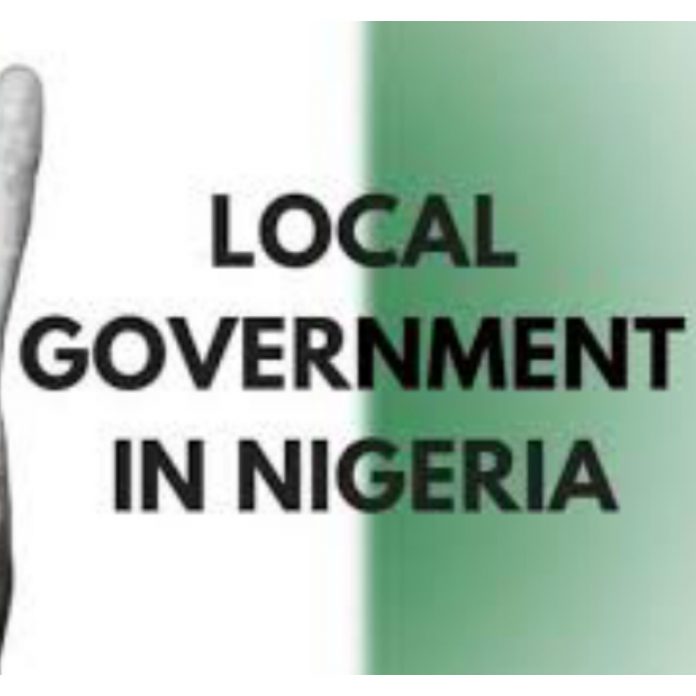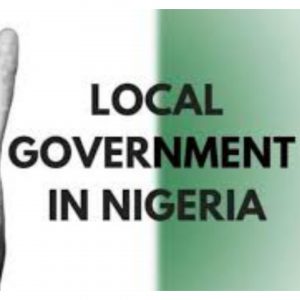Local Governments in Nigeria
As from November, 2024, the Federation Account Allocation Committee, which is responsible for reviewing and allocating funds to the states of the Nigerian federal government, will begin direct disbursement of funds to the 774 local governments across the federation.
This feat is widely seen as one of the landmark achievements of the current administration in the area of fostering fiscal federalism, which is core tenet of democracy.
The Supreme Court had ruled in July 2024 that LGs should receive their allocations directly from the Accountant-General of the Federation, bypassing state control. The ruling was made in response to a suit brought by the federal government to strengthen the independence of local governments.
FAAC allocates funds to the three tiers of government in Nigeria using the Vertical Allocation Formula (VAF). The funds are based on a number of factors, including: Equality:
40% of the disbursable revenue is divided equally across all 36 states. Population:
30% of the state’s share is based on the state’s share of the total population.
By Landmass/Terrain:
10% of the allocation is based on the state’s proportional areal size to the total areal size of Nigeria.
Another basis is the internally Generated Revenue (IGR), of which 10% of the allocation is based on each state’s contribution to a joint state and local government account.
Another germane factor is Social Development Factor which is that 10% of the allocation is based on a number of factors, including water and terrain.
For years, there has not been democratic struggle for the local governments to achieve financial independence yanked off from the deleterious control of the state governments.
The local governments are the strongest tier of government, and it’s widely believed that the local governments play a fundamental role in the development of the country since they are closer to the people. Now that they have finally achieved financial autonomy, it behoves on them to show reciprocal commitment to delivering to the people the dividends of democracy.
The main reason for the rural -urban migration is the paucity of opportunities at the local levels, and this is understandable given that the local governments until recently, did not enjoy fiscal independence.
The rural – urban drift is expected to be greatly stemmed by the reality of fiscal autonomy. It’s expected that the authorities at the various local governments will stem the rural -urban migration by judiciously using the allocation to them to embark on policies that will usher in greater opportunities for rural populations.
NATIONAL WAVES is of the view that these local governments can leverage on the talents of rural educated class to turn around the local governments for efficiency and to work on the internally generated revenues that can be utilized to create more jobs, repair artery roads in the local government.
Once the funds go directly to the local governments, the authorities at that levels are expected to show more responsibility and discipline to judiciously utliise the funds in a way that can add values to the lives of the rural populations.
NATIONAL WAVES is greatly concerned that efforts should be made to ensure that the authorities at the local levels do not take liberty with the people’s direct allocation. To ensure that the allocations are well utilized for the benefits of the rural populations, efforts should be made to ensure that the basic needs of the people are met, and the funds should be geared towards programmes that can create values and opportunities that will stem rural -urban drift.
The people should also be more vigilant.


